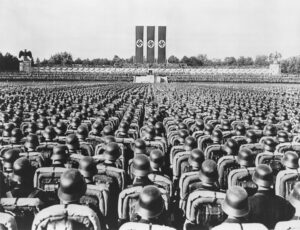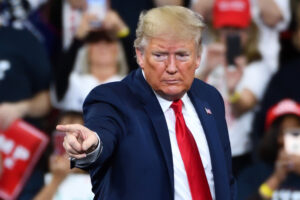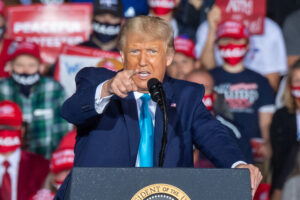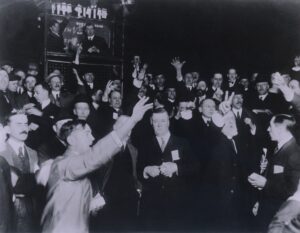
Why do the mafia actually attacks politicians?
The goal of these criminal organizations varies, depending on the group. Organized crime is usually defined as very centralized, because, oftentimes, international criminal enterprises are seeking to infiltrate politics and extract public resources for their own private benefits. According to the study, in Italy, the mafia is constantly threatening politicians to obtain all sorts of government contracts, that are bound to pay tons of money for waste management, construction, and various other public services. Individual politicians who try to threaten these business interests might find themselves in great danger. Physical assaults, arson, and threats are probably the mafia’s favorite tactics. These crimes usually make up 70% of the 1,191 political attacks that were documented in the survey.
One great example? Let’s take the director of a Sicilian national park, who in 2016 decided to strengthen anti-mafia checks on local firms, by applying to work in the park. Guess what happened to him? He barely survived a nighttime assassination attempt. Other politicians are also corrupt, which is contributing to Italy’s organized crime problem because they share illegal profits with the mob. As one bureaucrat from Naples was heard saying while he was being secretly recorded taking bribes from the mafia: “We all have to get our fill.” As you can imagine, between 1991, and 2018, Italian police managed to dissolve 266 city councils, just because they had ties with criminal organizations.
Local officials are most at risk
It’s very interesting that none of the documented political violence that has been analyzed so far ever targeted national figures. This is probably because attacking well-known politicians could bring even more media exposure. In fact, the Italian mafia is more interested in targeting local officials.
Mayors consisted of 310 out of 1,191 documented attacks on politicians in 2 years. Italians are very familiar with this because the stories have become something extremely regular in local newspapers. The mayor of Marcianise, a town from Naples, left the office in early 2018, after a strong wave of threats.
Plus, the mayor of Rizziconi, a town in the southern Italian province of Reggio Calabria, has been completely blacklisted by a couple of community members, and even by some of his relatives after he reported the mob’s pressure tactics against him to the police.
And there’s also this thing…mafia attacks on politicians are oftentimes linked to the electoral cycle. In regions where criminal organizations are even more powerful, like Sicily, Calabria, and Campania, the research discovered that political violence was way more likely to happen after a local election.
Political violence is 25 percent more likely right after the election of a new mayor. This sends quite a message to newly elected officials, that they are now the mafia’s new negotiating partners in government. They also need to understand the risks that are associated with disobeying the will of organized crime.







